In a rapidly evolving world, the demand for energy continues to rise, and the environmental consequences of our energy production methods become increasingly evident. Fossil fuels, the primary source of energy for decades, have left an indelible mark on the environment through pollution and climate change. As a result, there has been a growing shift towards renewable energy sources, such as solar power.
Solar generators have emerged as a powerful solution that not only addresses our energy needs but also offers a multitude of environmental benefits. In this article, we will explore how solar-powered generators can contribute to a more sustainable and eco-friendly future.
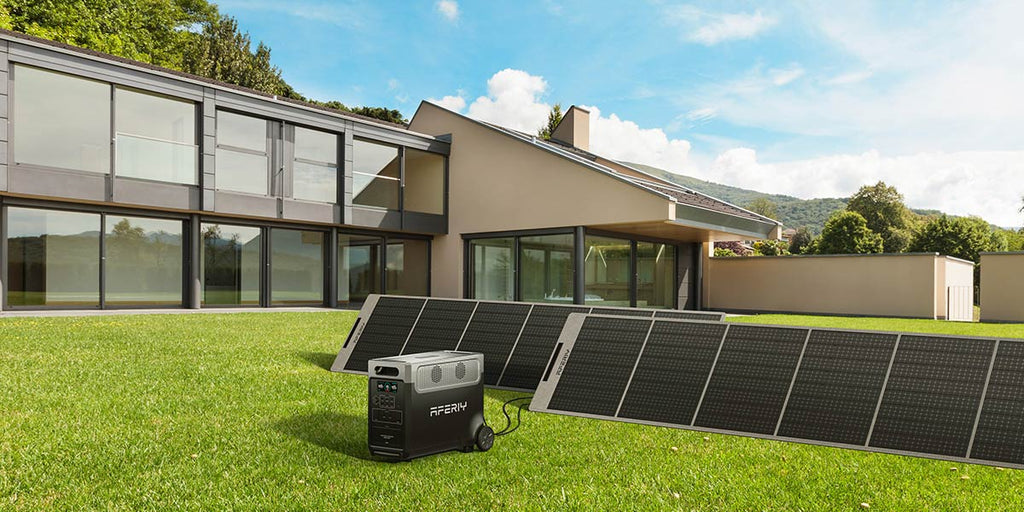
- Clean and Sustainable Energy
One of the most significant advantages of
solar generators is the generation of clean and sustainable energy. By capturing sunlight and converting it into electricity without emitting harmful greenhouse gases or pollutants, these units help reduce our reliance on fossil fuels and mitigate the environmental damage caused by traditional power generation methods.
- Reduction in Greenhouse Gas Emissions
The burning of fossil fuels for electricity generation is a leading contributor to greenhouse gas emissions, which are the primary drivers of climate change. Solar generators, comprised of a
portable power station and
solar panels, produce electricity without emitting carbon dioxide or other harmful pollutants. By harnessing the sun's energy, we can significantly reduce our carbon footprint and slow down the pace of global warming.
- Lower Air and Water Pollution
Traditional power plants that rely on coal, natural gas, or oil release pollutants into the air and water, leading to health problems and ecosystem damage. Solar powered generators have minimal environmental impact. They do not produce air pollutants or contaminate water sources, making them a cleaner and safer alternative for generating electricity.
- Reduced Dependence on Non-renewable Resources
Fossil fuels are finite resources, and their extraction and consumption have significant environmental consequences, including habitat destruction and water pollution. Solar power, on the other hand, relies on an abundant and virtually limitless source—the sun. By adopting solar generators, we decrease our reliance on non-renewable resources, helping to preserve natural habitats and ecosystems.
One of the significant benefits of using solar generators is energy independence. Solar panels can generate electricity even in remote areas or during power outages, reducing our dependence on centralized power grids. This decentralization of energy production empowers individuals and communities to take control of their energy needs, fostering resilience and reducing the risk of blackouts.
Solar generators are designed to store and distribute energy efficiently. They often use advanced battery technology, which allows them to store excess energy generated by solar panels during the day for use at night or during cloudy weather. This energy efficiency reduces waste and ensures a consistent power supply, ultimately benefiting both the environment and consumers.
Traditional generators and power plants are often noisy, causing noise pollution in their vicinity. In contrast, solar generators operate silently, making them ideal for residential areas, campsites, and other quiet environments. This reduction in noise pollution enhances the quality of life for both humans and wildlife.
Solar generators are always built to be compact and easy-to-carry, requiring minimal space compared to large-scale power plants. When not in use, they can be stored easily without occupying too much space.
- Long Lifespan and Durability
Solar generators are designed to be durable and long-lasting. With proper maintenance, portable power stations are expected to have a 10-year lifespan. This longevity reduces the need for frequent replacements, further reducing environmental impact and resource consumption.
- Sustainable Manufacturing and Recycling
The production of solar panels has become increasingly sustainable over the years, with many manufacturers adopting eco-friendly practices and materials. Additionally, solar panels are recyclable at the end of their life cycle, reducing waste and promoting a circular economy. Portable power stations also incorporate recyclable materials and components, further contributing to sustainability.
Many governments and organizations offer incentives and rebates to encourage the adoption of solar panels and portable power stations. These incentives can make these technologies more accessible and affordable for consumers, further driving their adoption and environmental benefits.
Conclusion
Solar generators offer a compelling solution to the environmental challenges posed by traditional energy sources. By generating clean and sustainable energy, reducing greenhouse gas emissions, minimizing pollution, and promoting energy independence, these technologies play a crucial role in mitigating climate change and preserving our planet's natural resources.
As we strive for a more sustainable and eco-friendly future, embracing solar generators is a step in the right direction—one that benefits not only our environment but also our communities and future generations.


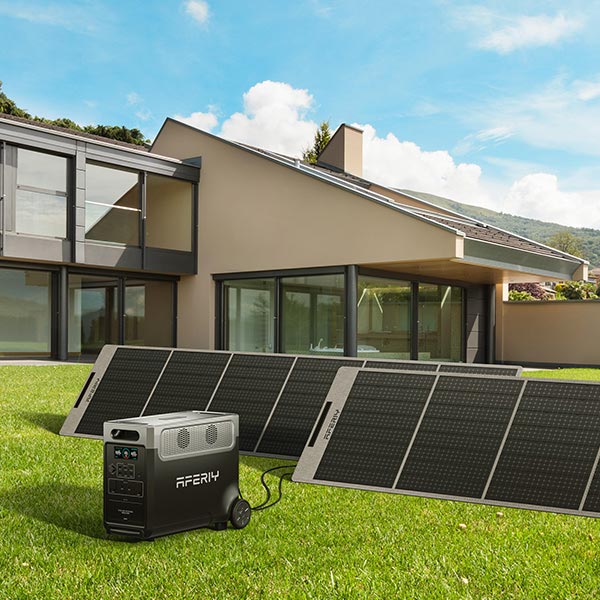
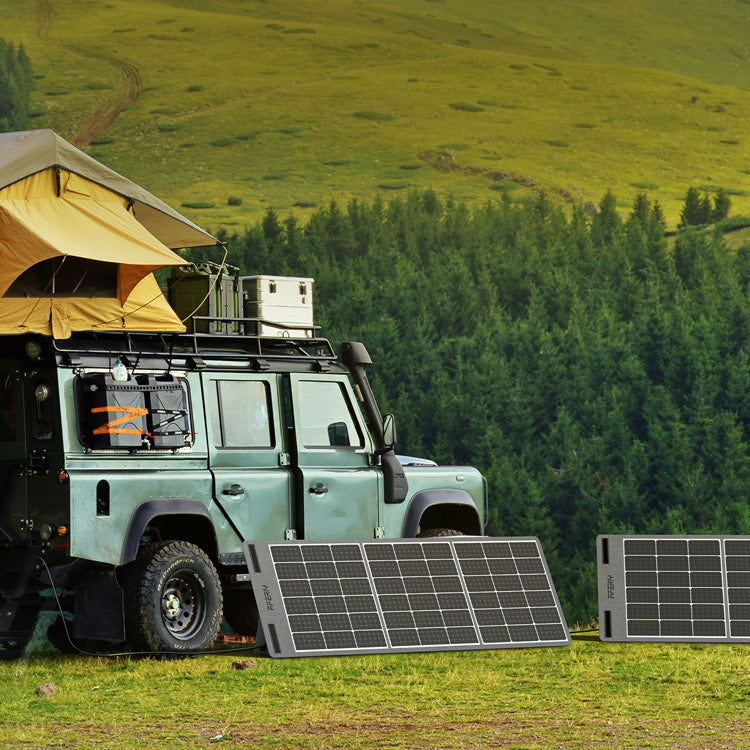
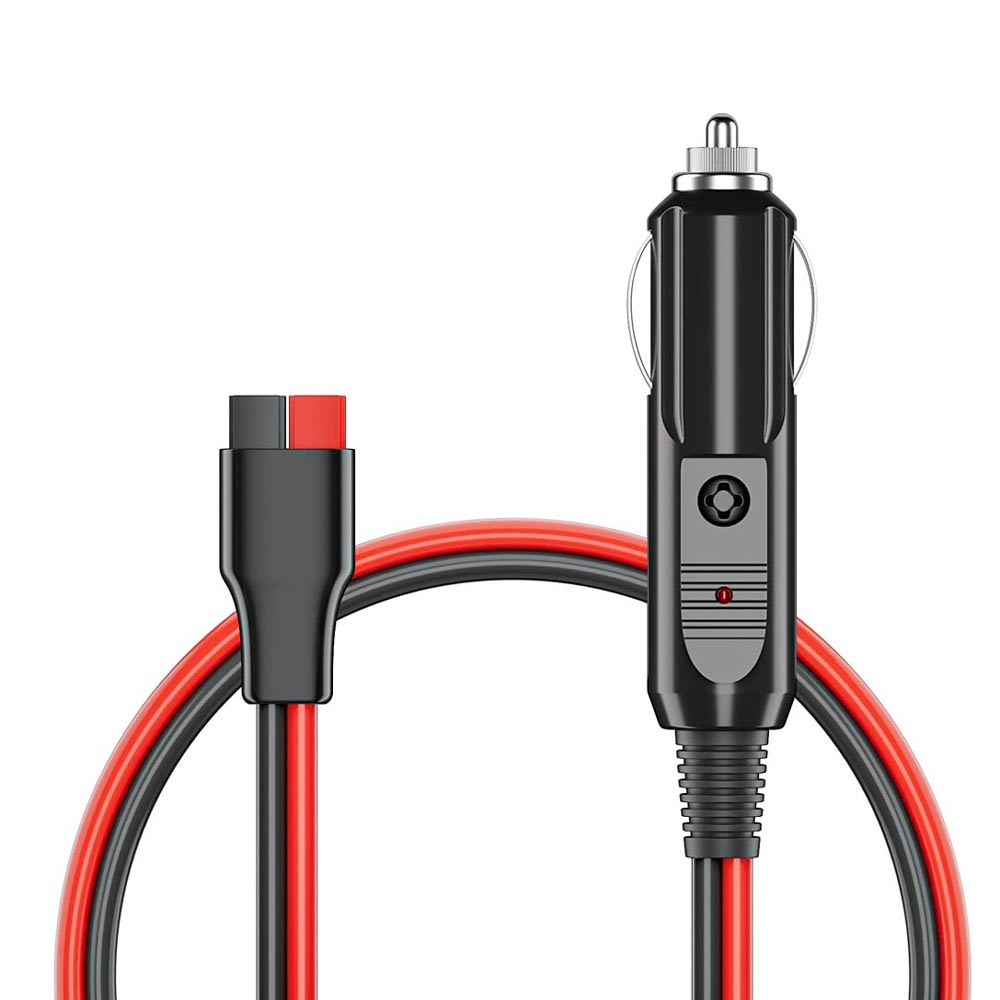





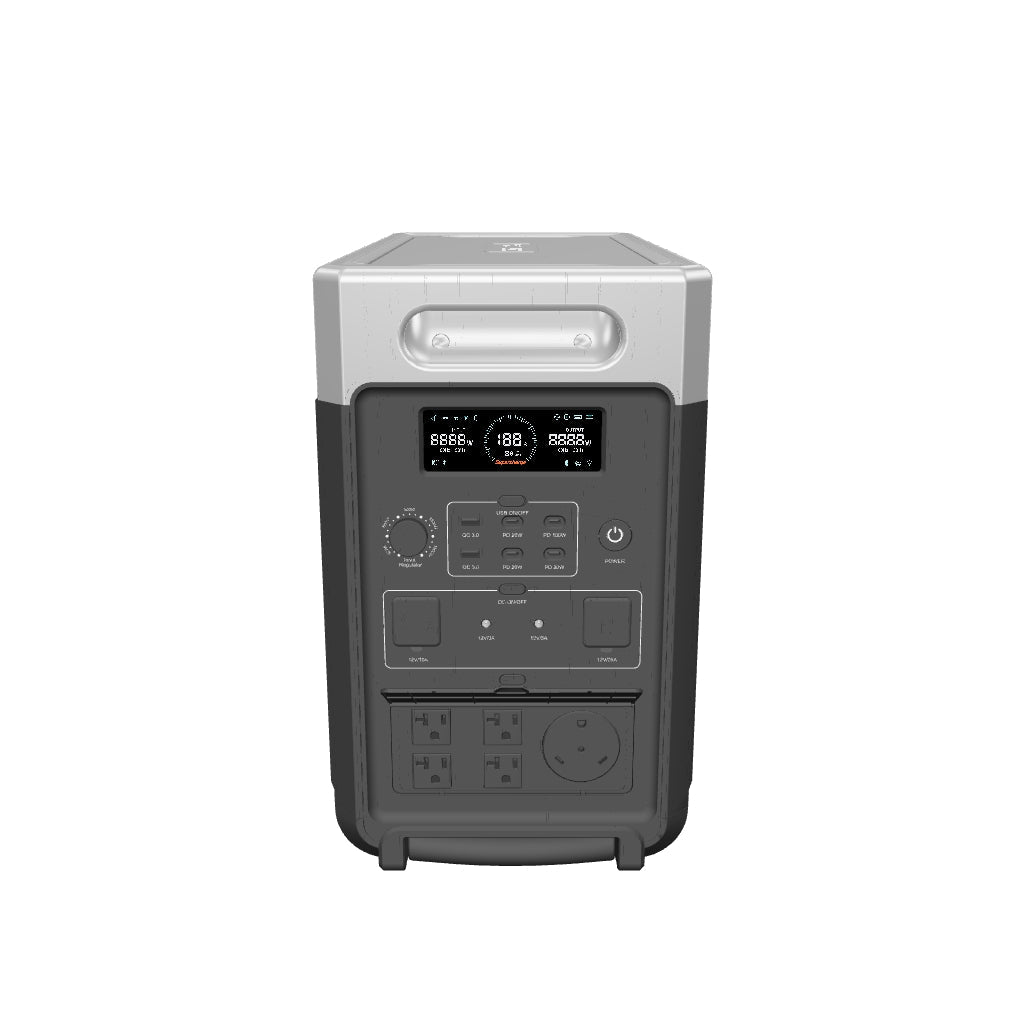


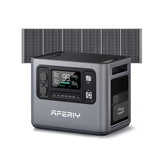



Leave a comment
Please note, comments need to be approved before they are published.